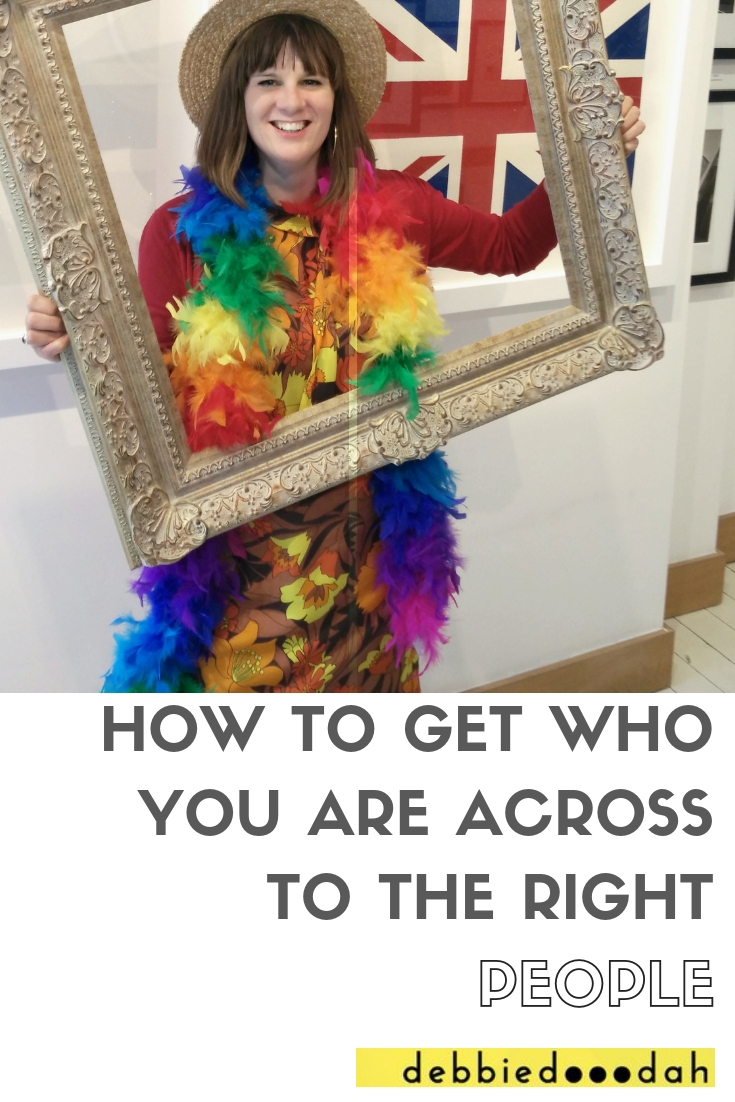The first part of this puzzle is to understand what you or your company are about. What do you want to be known for? Try and think about what you would like people to be saying about you when you leave the room and behind your back! You may want to be known as an expert in your field. You may want to be known for creating interesting and topical things on social media.
Pick some of those things you want to be known for; think about the topics that you are an expert in. If you create products, look at how you make them, the process – these are things that people would find interesting – the behind the scenes of your business.
Customers want to feel a connection to you. They want to know, like and trust you. You need to be able to add value. It’s important also to understand what are the things that can help you stand out from the competition.
For example, you may want to be known as compassionate and caring – well, how can you translate into your blogs, Facebook Live, your website? It’s so important to humanise your company or brand so your customers feel like they have a friendship with you.
A really good brand embodies personality, emotions and behaviours. Perhaps talk about what’s important to you and why you’re doing what you do. You need to be inspiring people – how can you do that? Perhaps you’d like to talk to your customers about what motivates you, and what is your ‘why’. All of these things will help you develop your brand story.
So how are you going to get yourself in front of your ideal paying customer? All businesses solve a problem – think about the problem that your business solves - try and be as specific as possible. (There’s a blog on my website about identifying your ideal customer!)
Remember, you need to have credibility with that chosen audience. Think about who you have credibility with, who you’re working with at the moment. It may be that you would like to up-level your customers at some point; to do that, you need to make the best product that you can, which is all part of this process. You can nail down who that ideal customer is and where they hang out – LinkedIn? Instagram? – and you can show them how you can solve their problems.
Knowing who you are is a part of developing your brand culture and brand identity. Of course, this is a much wider topic with lots of different strands to it, but hopefully this is a basis for you to start to think these things through.
Want to find out more about how to build your unique brand? Click here!















